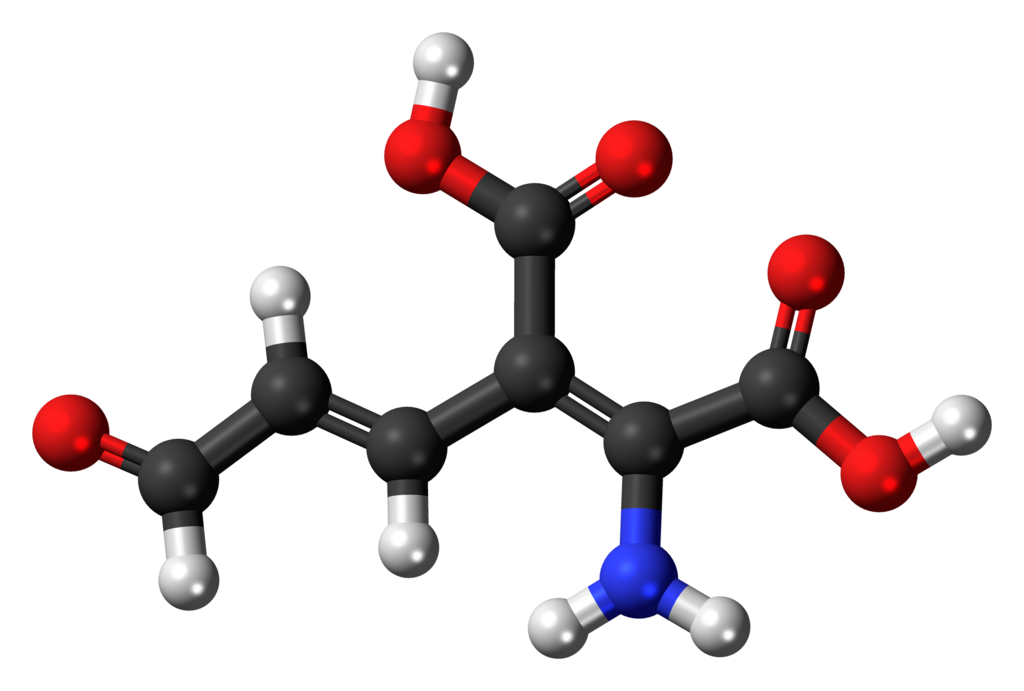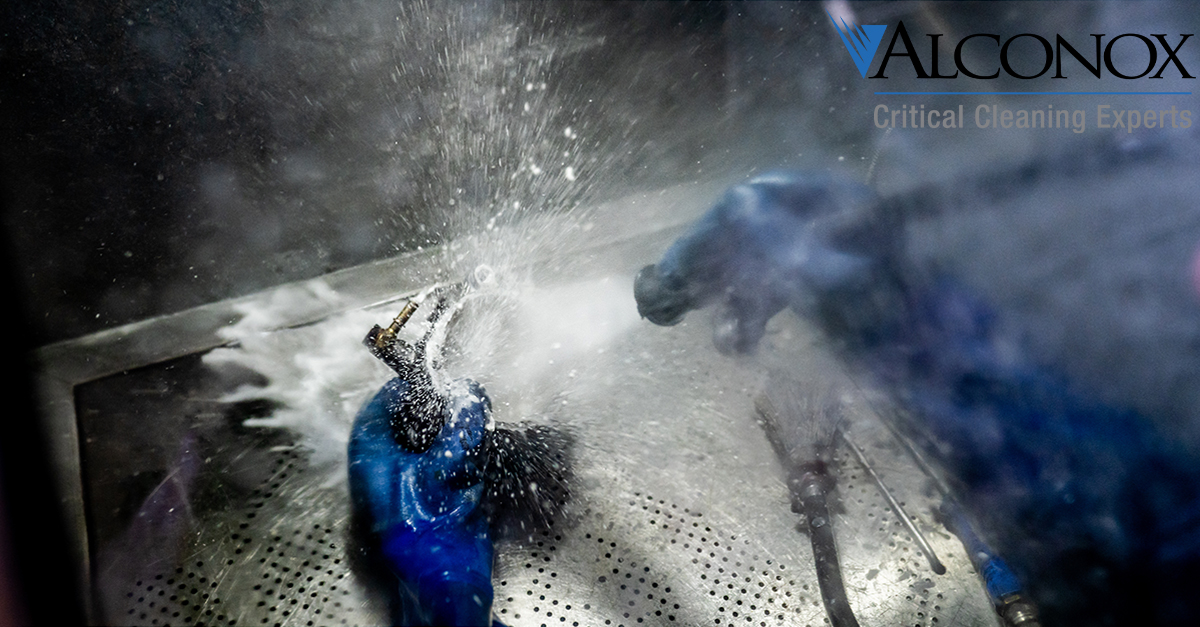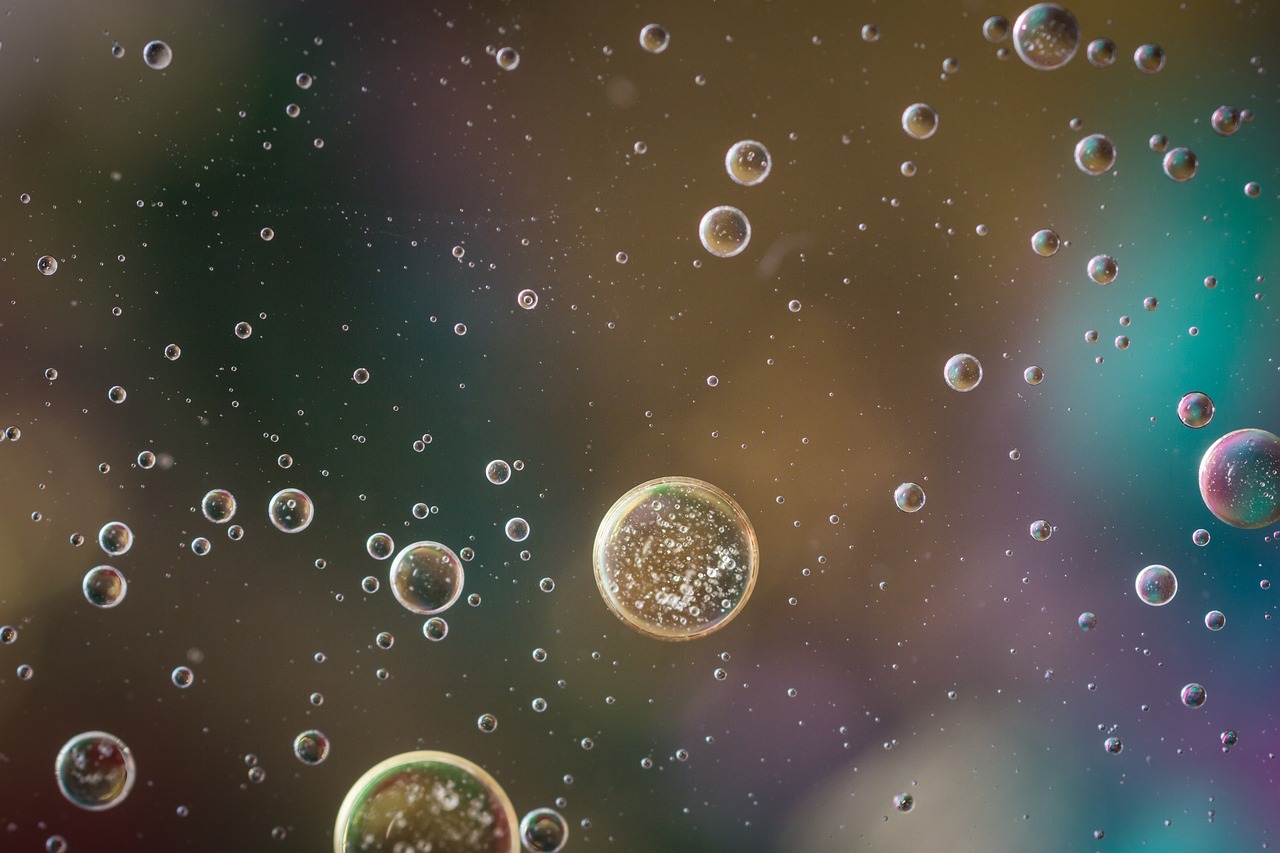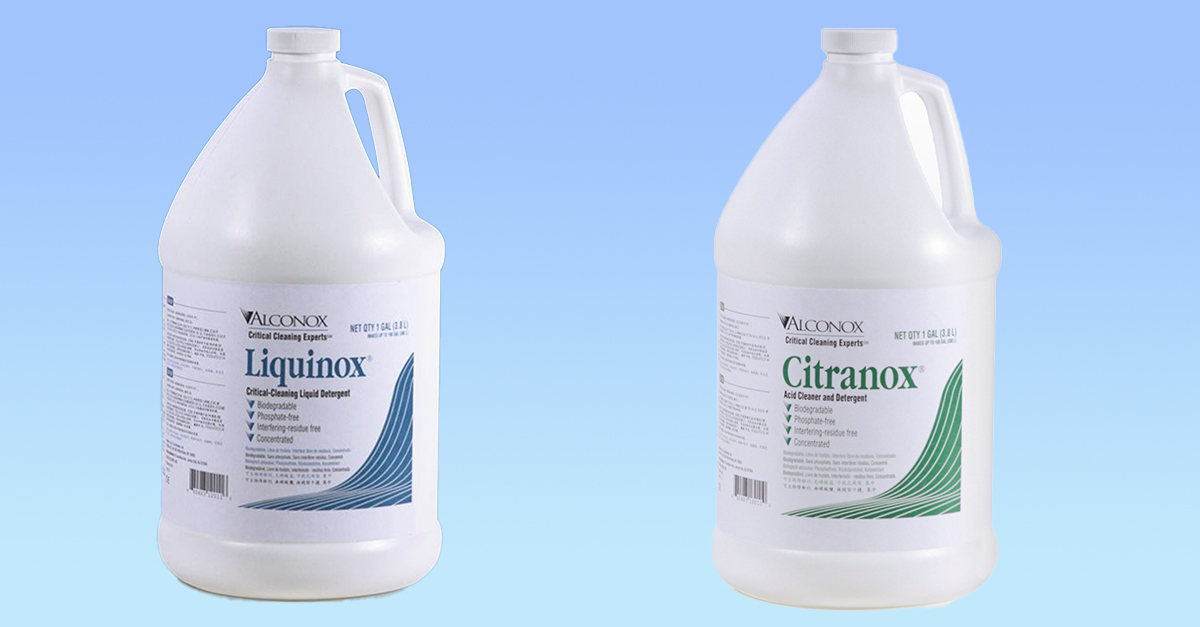A Solution For Using An Expired Detergent Solution
Q: Is there any damage that could be caused to our parts if they were washed in the Liquinox Solution after being expired for 5 days? Would reprocessing the products in Non Expired Solution be a safe resolution? A: As discussed here, Using Expired Detergent, the cleaning in expired Liquinox detergent….
Advanced Cleaning Mechanisms: Oxidation
Oxidation or bleaching is one of the many cleaning mechanisms that a detergent formulator can bring to bear by formulating with appropriate ingredients. In cleaning, oxidation, or bleaching, changes the structure of a residue to render it more easily removed. Oxidation is loss….
Specific Formulations for Cold Water Cleaning?
Q: I’m looking for detergents similar to Liquinox and Citranox, that are specially formulated for cold water cleaning conditions. Can you recommend analogs to the two?
A: For most residues, the detergency of an aqueous detergent is enhanced and hastened by heat.
Advanced Cleaning Mechanisms: What are Surfactant Systems?
Q. In your email you mentioned that Solujet and Citrajet have more sophisticated surfactant systems than a competitor’s low foaming washer detergent – could you explain a little bit more what ‘surfactant systems’ are?
A. Absolutely! Surfactants, or Surface Active Agents, are compounds that lower surface tension between particles, such as oil and water. In the oil and water example, a surfactant compound will contain hydrophilic and lipophilic molecules…
Liquinox vs. Citranox
Q: What is the difference between Liquinox vs. Citranox? We are using Liquinox for many of our applications but are having trouble with stainless steel cleaning cannulas with a small ID. Is Citranox the answer if the residue is inorganic?
A: Although Liquinox detergent is excellent at cleaning a host of residues, Citranox cleaner is indeed the better choice if we are fairly certain this is a largely inorganic residue.




